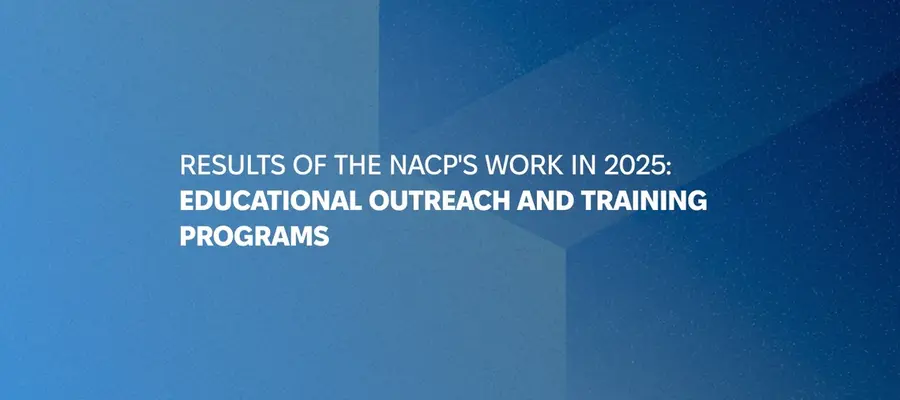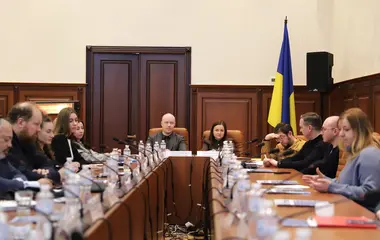The National Agency on Corruption Prevention (NACP) has added the American multinational fast food franchise Subway to the list of international sponsors of war. More than 500 of the company's restaurants continue to operate in the aggressor's market, paying hundreds of thousands of dollars in taxes to the Russian budget. Subway actively advertises its activities through sanctioned Russian social networks and delivers food through Yandex services, which cooperate with the government and law enforcement agencies of the aggressor country.
Subway is one of the largest chains in the world in terms of the number of restaurants. It is known for its sandwiches, salads, and rolls. The company positions itself as a "healthy alternative to traditional fast food." The company claims to be concerned about the health of consumers, but continues to operate in Russia, financing the murder of Ukrainians. The Russian Subway chain is now the third largest in Europe after the UK and Germany.
The company has been operating in Russia for over 20 years, has created about 6,000 jobs, and has 550 restaurants in 122 cities. Since the start of the full-scale invasion, the company has not reported any cuts in its operations in Russia. Thus, in addition to paying taxes to the state budget of the terrorist state, the company provides jobs to Russians, supporting the Russian economy and employment.
The peculiarity of Subway's business is that they operate under the franchisee system, i.e. there is a large network of legally separate entities that operate under the Subway brand, generate revenue and pay taxes. In Russia, the Subway franchise is owned by Subway Russia Service Company, headquartered in St. Petersburg.
Subway said that all restaurants in the country are independently owned and operated by local and master franchisees, so the restaurants remain open in Russia. This statement regarding the inability to influence its own franchisees is untrue and misleading.
For example, in May 2022, Russian banks began to block royalties (payments for the use of the franchise) because they were not ready to take responsibility for processing payments to the franchisor from an "unfriendly" state (the United States). Clients could not obtain titles from Russian franchisees and send payments to the United States.
In this regard, at the request of Subway, Nevsky IP LAW conducted the necessary analysis of contracts and sanctions legislation of the Russian Federation and found appropriate legal mechanisms that allow for the legal collection of royalties from franchisees and their transfer to the holding company. As a result, the company helped the client (Subway) to receive royalties from Russian franchisees again. The banks resumed processing payments, and the franchisees returned to fulfilling their royalty obligations.
Subway in Russia actively conducts advertising campaigns through the social networks VK and Odnoklassniki, which belong to the sanctioned legal entity VK Company LLC. Subway also uses food delivery services through the Yandex.Eda service. It should be remembered that this service is controlled by the Yandex group of companies, which cooperate with the government and law enforcement agencies of the aggressor country, in particular with the FSB. Yandex services have previously been included in the list of candidates for NAPC sanctions.
There have been no attempts by the company's management to condemn Russia's war against Ukraine.
The NACP is the body responsible for promoting the development of a compliance system in the private sector. During compliance procedures, contractors are subject to integrity checks, including compliance with socially responsible business practices in accordance with OECD standards. The list of "International Sponsors of War" on the War and Sanctions portal is a powerful reputational tool for achieving integrity of supply chains in the international dimension, withdrawal of international business from Russia, and thus reducing the financial and technological capacity of the terrorist country to kill Ukrainians. One of the platform's "levers of pressure" is cooperation with the World-Check database, which is used by banks and insurance companies to assess risks. That is why for global companies, the consequences of being on the list are worse than continuing to do business with the aggressor country.









